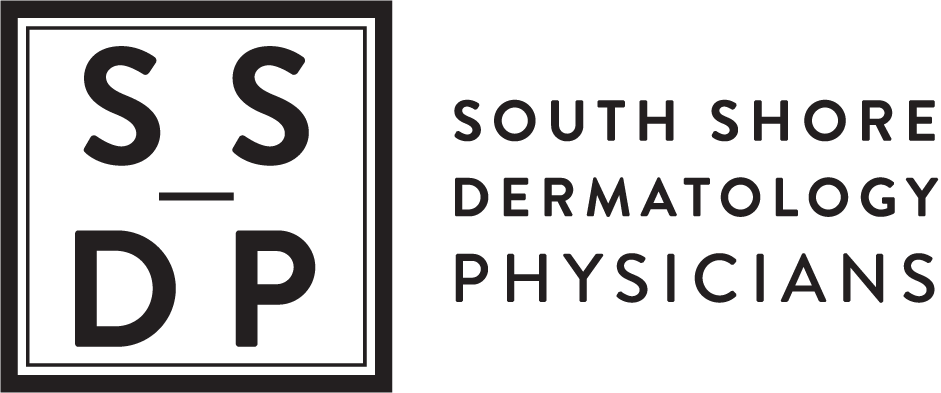Is PLE an Effective Sun Protective Supplement?
Patients often ask me, “How can I best protect my skin from the sun?” The American Academy of Dermatology provides many recommendations, including seeking shade, applying a broad-spectrum sunscreen with SPF 30 or higher that is water-resistant to 80 minutes, wearing UPF-containing lightweight and long-sleeved shirts and pants, using sunglasses with ultraviolet light (UV) protection, and wearing a wide-brimmed hat and shoes that cover your feet.
Even with all these precautions, wouldn’t it be nice to have a reliable and safe sun protective supplement?
What Is Polypodium Leucotomos Extract (PLE)?
Polypodium Leucotomos Extract (PLE) is an extract produced from the leaves of a fern found in Central and South America. It contains phenolic compounds (caffeic acid and ferulic acid) that provide powerful antioxidant activity.
This is important because antioxidants help reduce reactive oxygen species that cause damage to the skin. Ultraviolet light exposure can result in free radical formation in the form of reactive oxygen species, and chronic exposure can also contribute to signs of skin aging (photoaging) and skin cancer. PLE causes a reduction in sunburn cells and other photodamage effects.
How Could PLE Help?
While PLE does not replace sunscreen and other sun protection measures, it may potentially be used as an additional treatment to combat the many negative effects of sun exposure.
PLE has been reported to play a beneficial role in sun protection, skin cancer prevention, photoaging, vitiligo, melasma, and polymorphous light eruption. Human studies are limited, and of the studies available, many have small numbers of subjects, though results look promising. Additional studies with a larger number of subjects will be helpful to confirm these benefits.
PLE is easy to take and well tolerated. Side effects are uncommon, and include gastrointestinal symptoms and itching.
Before adding PLE or any supplement to your regimen, consult with one of our board-certified dermatologists to see if it is right for you. Please contact SSDP to schedule an appointment with any of our physicians.
Interested in the research? Learn more.



